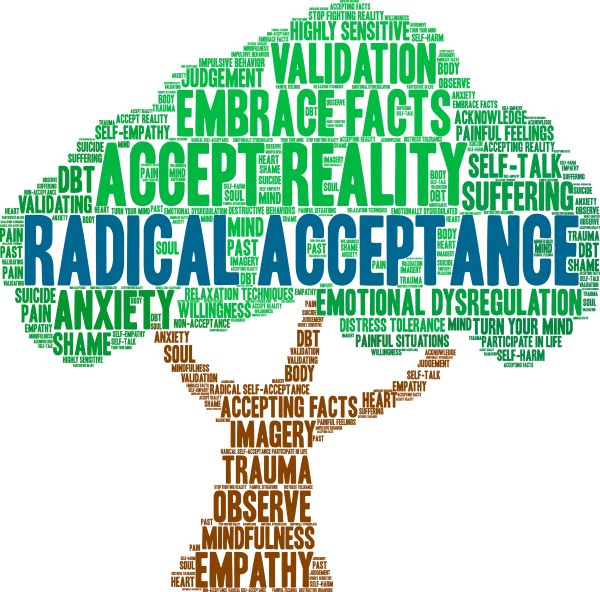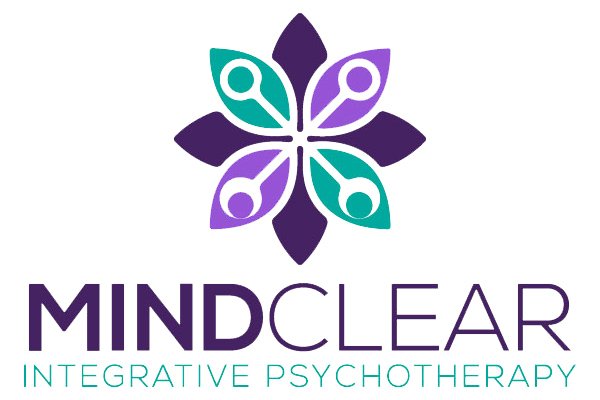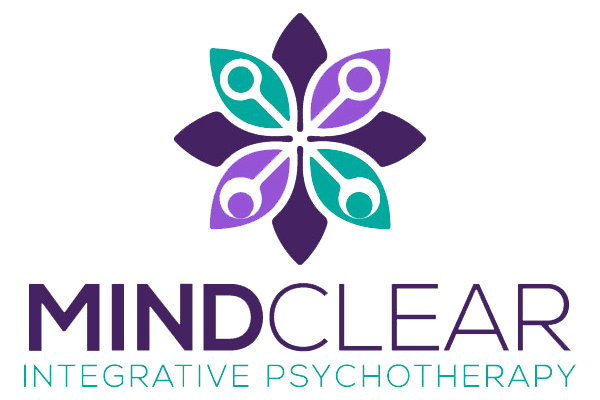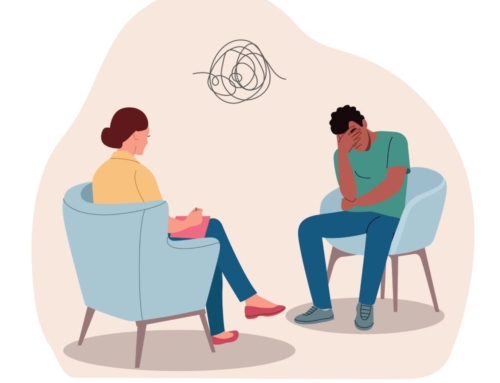Radical Acceptance for Less Suffering

By Anya Dangora, MHC-LP
Radical acceptance is a therapeutic concept that has its roots in Buddhism. The idea is that suffering is a result of how one reacts to painful moments, not directly the moments themselves. Since you can’t control or change the past, the Buddhists feel it is wise to accept what has already happened, and what is rather than cling to what you wish were different.
It is the practice of accepting what is happening in the present moment when it is unchangeable without resistance and/or judgment, no matter how upsetting it may be. It’s a skill that amounts to letting go of trying to control what you can’t and accepting reality for what it is.
Similar to mindfulness, the concept has been integrated into Western psychology, namely Dialectical Behavioral Therapy (DBT), to help cultivate what therapists call distress tolerance. Distress tolerance is a person’s ability to manage stressful situations without overwhelm. This can be particularly difficult for people who have experienced trauma. Radical acceptance has been clinically shown to reduce trauma-related emotions such as fear, shame, guilt, and distress in people with PTSD, and is therefore helpful with getting un-stuck.
In order to accept what is happening, first you need to become aware of the present moment. When you focus too much on the past (i.e. events that have happened that you cannot change), you can start to feel depressed or stuck. When you focus too much on the future, you might find yourself excessively preparing for what has not happened yet and increasingly feeling anxious as a result. Oftentimes, bringing oneself back to the present moment through grounding tools alone is enough for distressing anxious and depressive feelings to dissipate.
For others, however, the present moment is not what you want or wish it to be. Becoming mindful of the here-and-now may actually increase anxiety or fear. That’s when radical acceptance can come in handy.
It’s important to note that accepting that you cannot change or control or avoid the present moment is NOT helpful when you are actually in dangerous or unhealthy situations! At these times, your survival brain kicks in, and you fight, flee, freeze, or fawn in an attempt to escape the danger. All people need these skills to survive life-threatening situations.
It becomes handy in the aftermath of danger, when the survival brain remains “on” even though you are safe. Those protective coping mechanisms are no longer needed and may even be making things worse.
Using radical acceptance to accept your emotions
Radical acceptance requires letting go of resistance to painful experiences and emotions; it’s about learning to tolerate distress rather than trying to control or avoid it. In other words, you do not attempt to control what is, but rather just let it be, without fight or judgment. It’s about acknowledging that an infinite number of smaller moments has led to this moment, and, as a result, there is no other way this moment can be.
People tend to suffer extra when they resist what is. Psychologist Kristin Neff describes it succinctly: “Suffering equals pain times resistance.”
Letting go of resistance to the present moment may not make everything better, but it can alleviate some suffering. Simply acknowledging what is happening in the present moment without judgment (e.g. “I feel hurt right now”) can interrupt certain habitual reactions (e.g. avoidance, lashing out, distraction, substance-use, overthinking, problem-solving; “I don’t want to feel hurt so I’ll hurt you or have one more drink”) that are meant to protect you from the hurt, but sometimes cause you more harm than good.
Over time, this can help you feel less overwhelmed and flooded by big emotions. Because all moments pass. If you can tolerate the painful experiences without making them bigger or pushing them away, they actually start to decrease in intensity on their own with time.
What radical acceptance is not
Radical acceptance is not the same as dismissing or neglecting your emotions and needs, as so many people today are taught to do. On the contrary, it requires acknowledging which emotions you are feeling and accepting them as they are.
It’s not the same as not being upset about something or trying to rid yourself of certain emotions. When you resist what is happening in the present moment, emotions get trapped, and you can become stuck in the suffering. Radical acceptance instead creates space for an emotion to come and go.
It is also not the same as saying you like what is happening. Odds are, if you are having to be radical in your acceptance of a situation, you probably very much do NOT like it.
It also doesn’t require that you remain passive about the situation. You can still make changes in the moment or in the future, but to do that you need to first accept it realistically. Then you can act from a place of emotional and rational intelligence, with a fuller understanding of what is, because it’s not distorted by judgment and impulsive reactivity. This will likely lead to a better, more comprehensive solution.
Practicing radical acceptance
Putting this skill into practice can be extremely difficult. You may have been in survival mode for a while, and beginning to accept the present moment can feel unsafe or not right. Further, you may have suffered so much in the past yet been invalidated or gaslit as to your suffering as if it didn’t happen or was no big deal. By not trying to change the present moment distress, you may feel like you are betraying yourself.
You need to know that this isn’t true. The past isn’t the present. Overtime, it’s about re-training your brain and body to recognize that you are no longer in danger. By accepting what is, you are actually validating your current experience and rationally coming to understand your needs. The process allows you to acknowledge what is real rather than fighting it.
It takes time to create change, especially when that change relates to your nervous system and sense of safety. But it is possible. Through practice, you can slowly dial back your survival response, release excessive responsibility, and start to live an easier life, with less extraneous suffering.
You can start with some of the following:
- There are a million past moments and decisions that led to this moment
- This moment is exactly where I’m meant to be
- Fighting this reality will only make me feel worse
- If I lash out/do something self-destructive, I will definitely feel worse
- I can’t change the past nor prevent bad things happening in the future – right now I’m safe
- Even if I don’t like the present moment, I will be ok and it will pass
Further learning:









